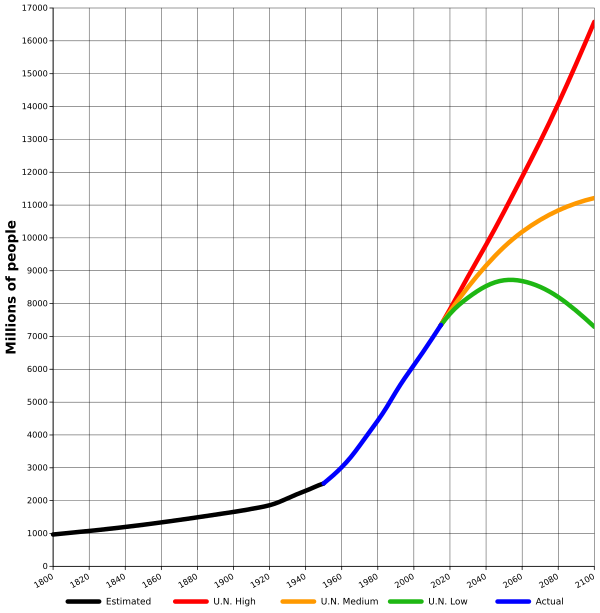The Future of Food — It's Not Exactly What You May Think!
Today, I attended New Food Revolution, an event about the future of food production, especially in California.
The event was held by ClimateOne, an organization that “brings together top thinkers and doers from business, government, academia and advocacy groups to advance the discussion about a clean energy future.”
The panelists at the event included:
- Karen Ross — Karen is the California Secretary of Food and Agriculture, and former US Deputy Secretary of Agriculture. Needless to say, she knows a lot about food policy.
- Jonathan Foley — Jonathan is the executive directory of the California Academy of Sciences and author of a National Geographic article on food. He’s also given a pretty interesting TEDx talk.. He’s very knowledgeable about the environmental impact of current agricultural techniques.
- Helene York — Helene is the director of responsible business and the head of Google global accounts at Bon Appetit Management Company. She knows a lot about food sourcing and the dilemmas restaurants and businesses face when deciding how to source their produce, having faced many of them herself.
The event was basically a panel session, where the host posed questions to the panelists and invited them to answer. At the end of the event, audience members had the chance to ask brief questions directly to the panel.
The evening was structured around some main points, which I’ll list here. I’ll also provide what was said by each of the panelists, and then give my own view.
Food Production
According to the panelists, food production must double by mid-century to match global demand. This is caused by two factors:
- A growing population demands more food. The UN expects world population to settle around 10 billion people sometime by the end of the century, up almost 50% from the current population of around 7 billion. That’s a lot of mouths to feed!
- As the population grows, so are people’s appetites. People around the world are getting richer, which means they’re demanding more and more food.
According to Jonathan Foley, the solution to this problem cannot be increasing supply. Instead, we must work on how much food people demand. This means smaller portion sizes that still meet our nutritional needs but don’t lead to excess food production. Foley claimed that agriculture is currently the biggest contributor to climate change, and that expanding production would exacerbate this problem. He cites the fact that agriculture currently releases 30% of the annual global carbon dioxide output through deforestation, livestock cultivation, and nitrous oxide release from the soil
Secretary Ross disagreed, arguing that it’s a matter of making current agricultural areas more productive. We won’t need to expand our farmland footprint if we can grow more food on the same amount of land.
